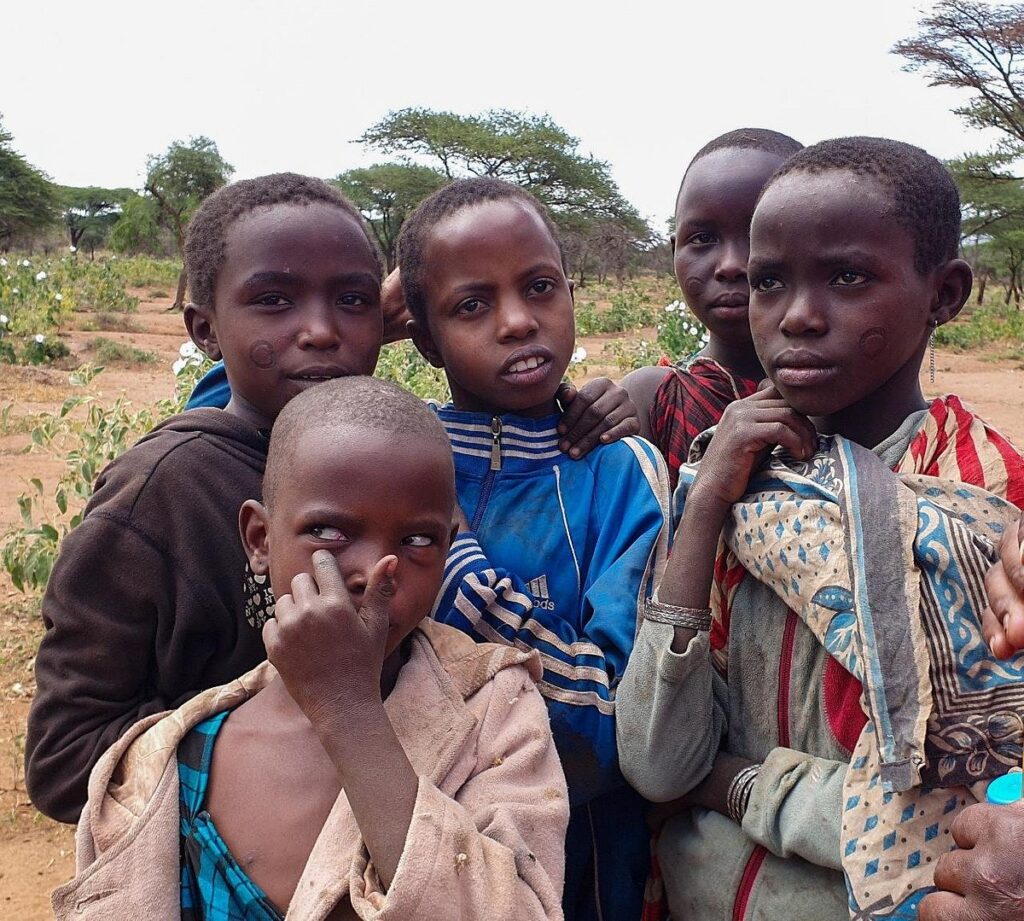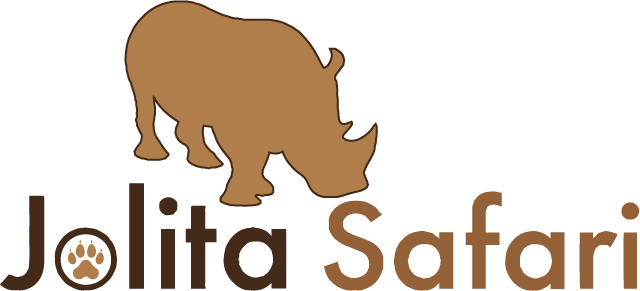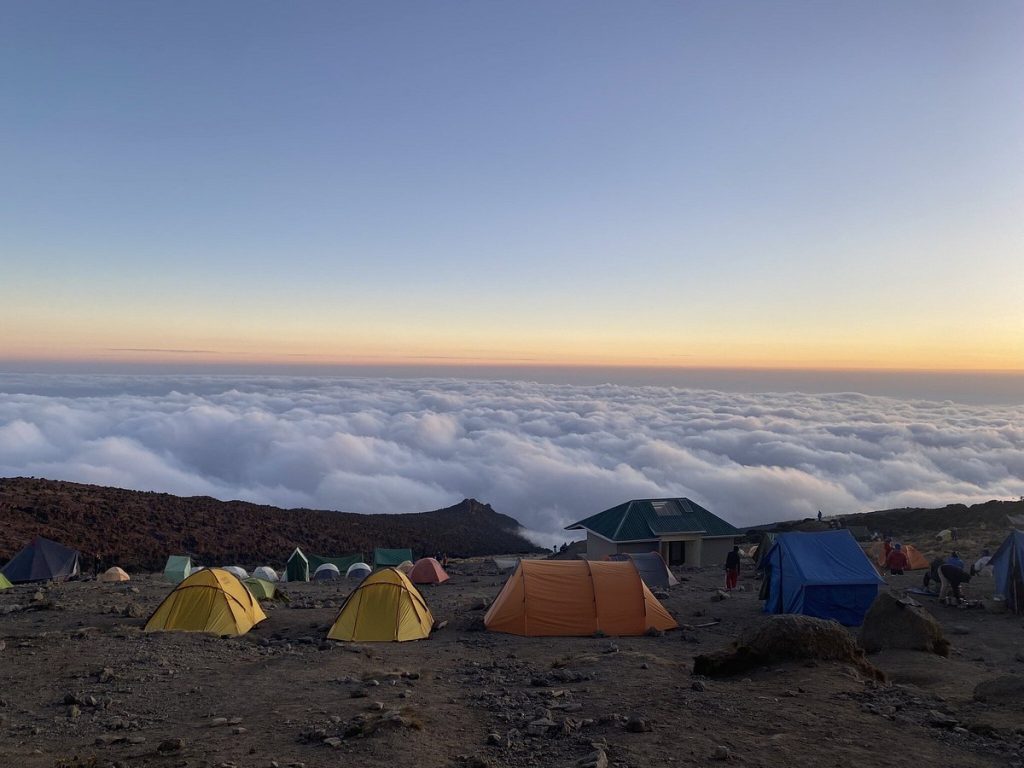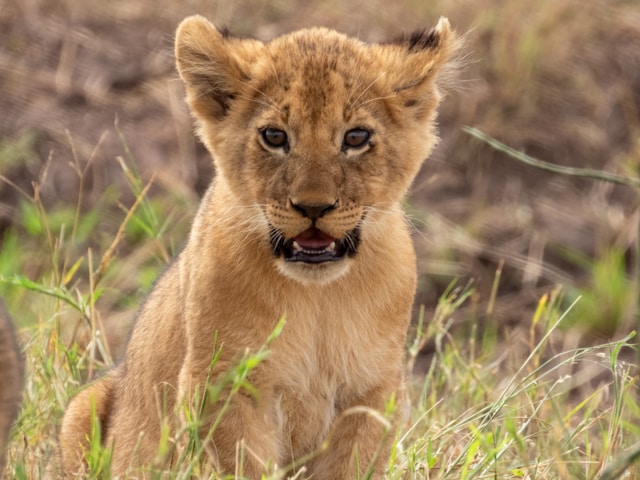Tanzania Travel can be an incredibly interesting and rewarding experience. Some more interesting facts about the country include:
- At over four times the size of Great Britain, Tanzania is the largest country in Eastern Africa.
- The word Tanzania in literally means ‘journey’ in Kiswahili, one of the country’s native languages.
- The remains of the earliest humans, including the legendary 2 million year old Homo habilis were found in the Olduvai Gorge in Tanzania.
- At 264 square kilometers, the extinct Ngorongoro Crater is the largest complete crater in the world.
- It was in the town of Ujiji near Lake Tanganyika that Stanley first spoke the words ‘Dr. Livingstone I presume?’ A plaque in the town indicates the exact place where Stanley first caught up with Livingstone all those many years ago.
- Tanzania is home to over 100 different tribal groups
- Lake Manyara National Park is home to the unique tree- climbing lions. These lions climb to the uppermost portions of the enormous Acacia trees in the area, and spend their days languishing on the branches which are some seven or eight meters above the ground.
- Serengeti translates from Masai as ‘endless plains’ or ‘an extended area’, quite an apt description when one considers the size of the world famous Serengeti National Park.
- Lake Tanganyika in western Tanzania is the world’s second deepest lake.
- Kilimanjaro’s last eruption was over 200 years ago.
- Tanzania is famous for its African blackwood or mbingo carvings which are sold at a number of craft and street stalls.
- The Amani Nature Reserve in eastern Tanzania is said to be the only location on earth where African Violets in fact grow wild.
- The Coconut Crab which inhabits the waters off Zanzibar’s Chumbe Island is the largest crab in the world.
- The short Rainy Season in Tanzania is called Vuli, while the long rainy season is called Masika by the local population.
- Tanzania is approximately 3 hours ahead of GMT which means that the time in Dar es Salem is 7 hours ahead of New York and 2 hours ahead of London.

Kiswahili Translation To English
Kiswahili or Kiunguja as it is called in Zanzibar is the official language of the Tanzanian People. Although the guides on the mountain or safari will be fluent in English, it is nevertheless handy to know a couple of basic terms in the native language. Among the more useful and frequently used Swahili terms are the following:
- No problem – Hakuna Tatizo
- Hello – Habari
- How much? – Shilingi Ngapi?
- How Many -Ngapi
- Quickly – Haraka
- Hungry – Njaa
- Yes – Ndiyo
- Let’s go – Twende
- No – Hapana
- Danger – Hatari
- Help – Msaada
- Toilet – Choo
- Water – Maji
- Why? – Kwa-nini?
- I am tired – Nimechoka
- When? – Lini?
- My head aches – Kichwa changu kinauma
- Fine/ Good – Nzuri
- Goodbye – Kwaheri
- Thirsty – Kiu
- Journey – Safari
- Thank you – Ahsante
- Storm – Dhoruba
- Where? – Wapi?



